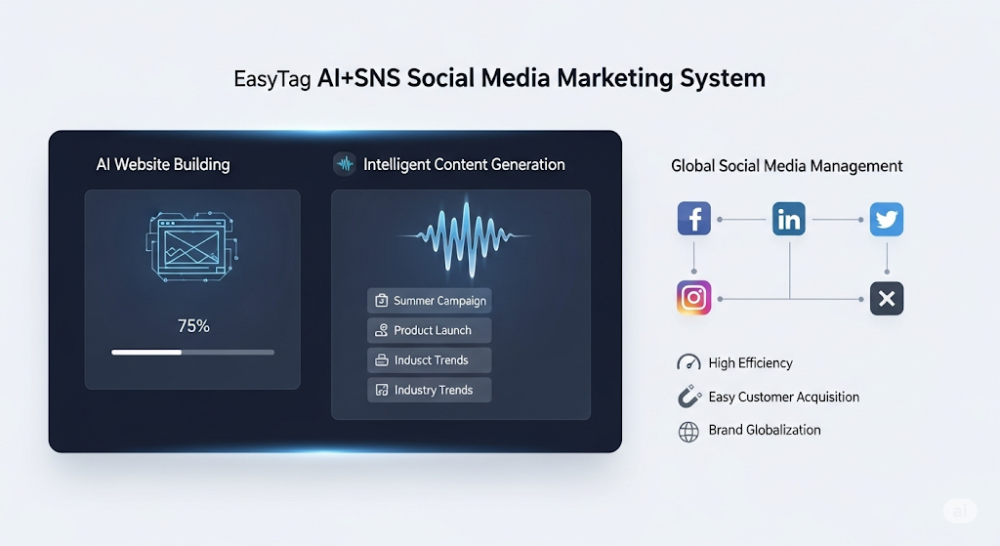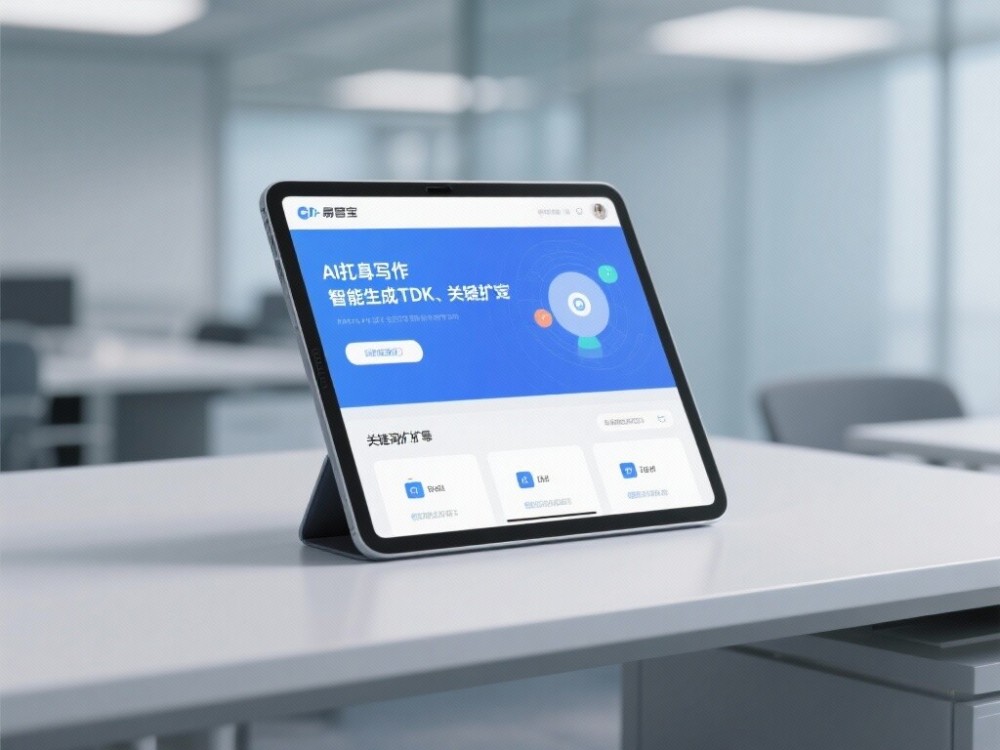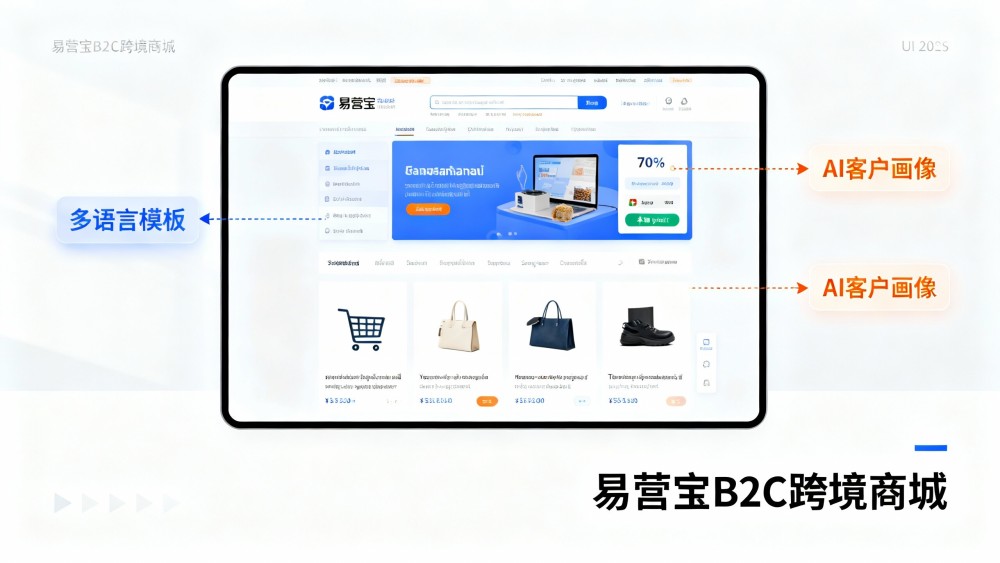- Does EasyAd's advertising performance have guarantees? How does the service mechanism work?2026-01-18View details
- Is the cost of using AI advertising smart manager high? How to calculate the budget more reasonably2026-01-18View details
- How to implement multilingual advertising optimization solutions in the general internet industry2026-01-18View details
- Is EasyAd AI Advertising Smart Manager easy to use? Is it suitable for general internet service companies?2026-01-19View details
- Which company provides the best multilingual website construction services for foreign trade? How should companies of different scales choose suppliers2026-01-17View details
- What is the role of HTTPS for websites? Why is the decision-making level increasingly emphasizing digital trust systems2026-01-15View details
- What is Global CDN Acceleration? Key Considerations for Enterprise Selection from Architecture to Cost2026-01-16View details
- What are the low-cost customer acquisition solutions suitable for SMEs? The practical path of integrating search and social media2026-01-17View details
Can tariffs save the U.S. trade deficit? How should China respond to Trump's "tariff stick"?
Why tariffs won’t reduce the U.S. trade deficit
During the campaign and the early days of its administration, the Trump administration frequently proposed the policy of imposing additional tariffs in an attempt to reduce the US trade deficit. However, from both a theoretical and practical perspective, the imposition of additional tariffs does not actually achieve the desired effect. First, theoretically, a country's trade deficit is mainly determined by the difference between its domestic savings and investment, not just the result of its foreign trade policy. The United States has long had a high fiscal deficit and domestic consumption level, which makes it difficult to solve its current account deficit through simple tariff measures.
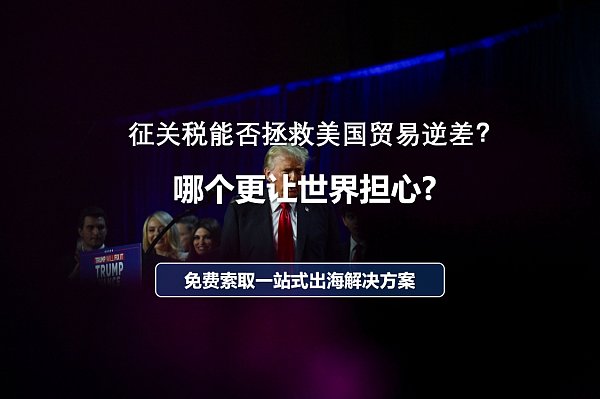
Specifically, the US trade deficit is closely related to the government's budget deficit. Since 2017, the Trump administration has stimulated domestic demand through tax cuts and other measures, further expanding the fiscal deficit, which in turn has exacerbated the trade deficit. In addition, the imposition of tariffs will increase the cost of imported goods, which may cause consumers to turn to other substitutes or even reduce overall consumer demand, thus having a negative impact on economic growth.
The US's cancellation of China's PNTR status is more worrying
Compared with the imposition of tariffs, the cancellation of China's permanent normal trade relations (PNTR) status by the United States will have a more far-reaching impact on Sino-US trade relations. PNTR status means that China enjoys the same trade treatment as most other countries in the United States. If this status is cancelled, China's exports to the United States will face higher tariffs and other trade barriers, which will severely hit China's export industry. Therefore, China needs to prepare in advance to guard against possible risks.
China should meet external pressure with more vigorous internal reforms
Facing external pressure, China should take more proactive internal reform measures to enhance its competitiveness and risk resistance. Specifically, China can:
1. Promote consumption upgrade: stimulate domestic consumption demand and reduce dependence on exports by raising residents’ income levels, improving the social security system and other measures.
2. Optimize the industrial structure: accelerate transformation and upgrading, develop high-tech and high-value-added industries, and enhance the overall competitiveness of the industrial chain.
3. Deepen opening up to the outside world: Continue to promote the construction of free trade pilot zones, reduce tariffs on non-US trading partners, and attract more foreign investment into the Chinese market.
4. Strengthen scientific and technological innovation: increase investment in scientific research, encourage enterprises to conduct independent research and development, and enhance core competitiveness.
5. Improve the business environment: simplify administrative approval procedures, reduce enterprise operating costs, and create a good development environment for enterprises.
How do foreign trade enterprises adjust their marketing strategies?
For foreign trade enterprises, in response to the current changes in the trade environment, they need to flexibly adjust their marketing strategies. Specifically, they can start from the following aspects:

1. Diversified market layout: Reduce dependence on a single market and actively explore emerging markets, especially countries and regions along the “Belt and Road”.
2. Optimize product structure: develop new products that meet different market demands and improve product added value and market competitiveness.
3. Strengthen brand building: enhance customer stickiness and establish long-term cooperative relationships by improving brand image and awareness.
4. Utilize digital marketing: Make full use of digital channels such as social media and search engines to accurately locate target customers and improve marketing effectiveness.
5. Improve service quality: Provide high-quality pre-sales, sales and after-sales services to enhance customer satisfaction and loyalty.
How to do a good job in foreign trade export business
In order to better seize foreign trade business opportunities, foreign trade export enterprises should make the following preparations:

1. Market research: Gain an in-depth understanding of the laws and regulations, cultural customs and consumption habits of the target market, and develop marketing strategies that meet local needs.
2. Compliance operations: Strictly abide by international trade rules and the laws and regulations of various countries to avoid penalties for illegal operations.
3. Risk management: Establish a sound risk management system to respond promptly to uncertain factors such as exchange rate fluctuations and political risks.
4. Talent cultivation: Cultivate a group of professionals who are proficient in foreign languages and familiar with the operation of international markets to enhance the international competitiveness of enterprises.
5. Technological innovation: Introduce advanced production equipment and technology to improve production efficiency and product quality.
The importance of multilingual website construction and overseas promotion
In the context of globalization, multilingual website construction and overseas promotion are still an indispensable part of foreign trade companies. Specifically:
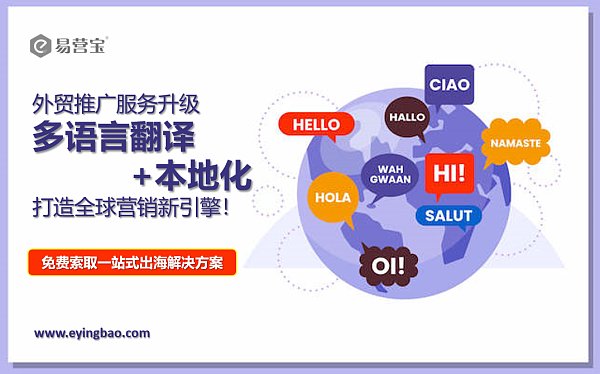
1. Increase international visibility: Multilingual websites can reach a wider range of potential customers and increase the international visibility of the brand.
2. Optimize user experience: Providing websites in multiple languages can improve user experience and increase user stickiness.
3. Enhance trust: Using local language to communicate can enhance customer trust and facilitate the conclusion of transactions.
4. Precision marketing: Through multilingual websites, companies can more accurately target their markets and implement personalized marketing strategies.
5. Data collection: Multilingual websites can help companies collect user data from different regions and provide support for market analysis and decision-making.
In short, facing the dual pressures of the US imposing tariffs and the possible cancellation of PNTR status, China needs to enhance its competitiveness and risk resistance through internal reforms and structural adjustments. At the same time, foreign trade enterprises should flexibly adjust their marketing strategies, make various preparations, seize foreign trade opportunities, and achieve sustainable development.
If you have any questions about the construction and operation of foreign trade websites, please contact Yiyingbao technical customer service WeChat: Ieyingbao18661939702, and the staff will answer you wholeheartedly!

The picture resources are from the Internet. If there is any infringement, please contact 400-655-2477.
Related Articles
Related Products







